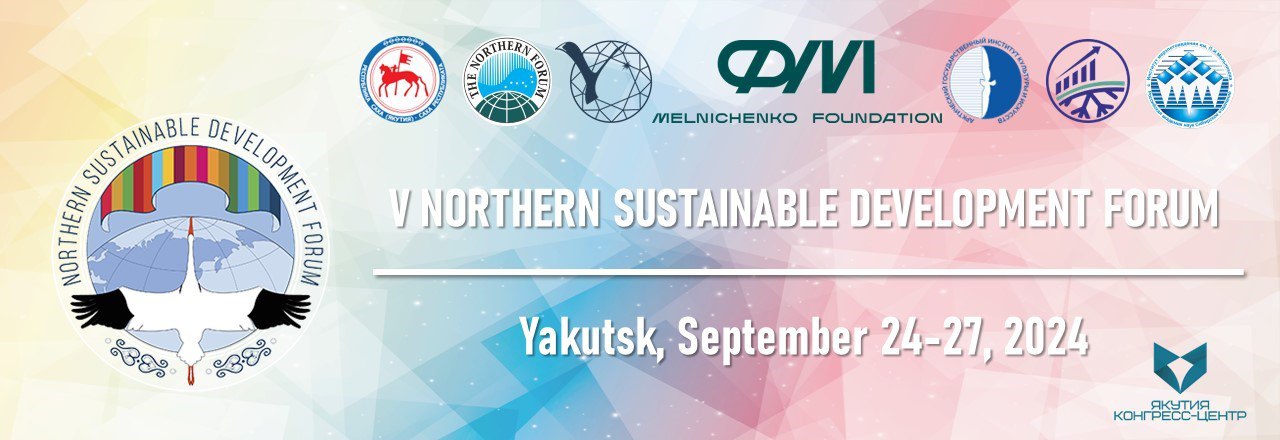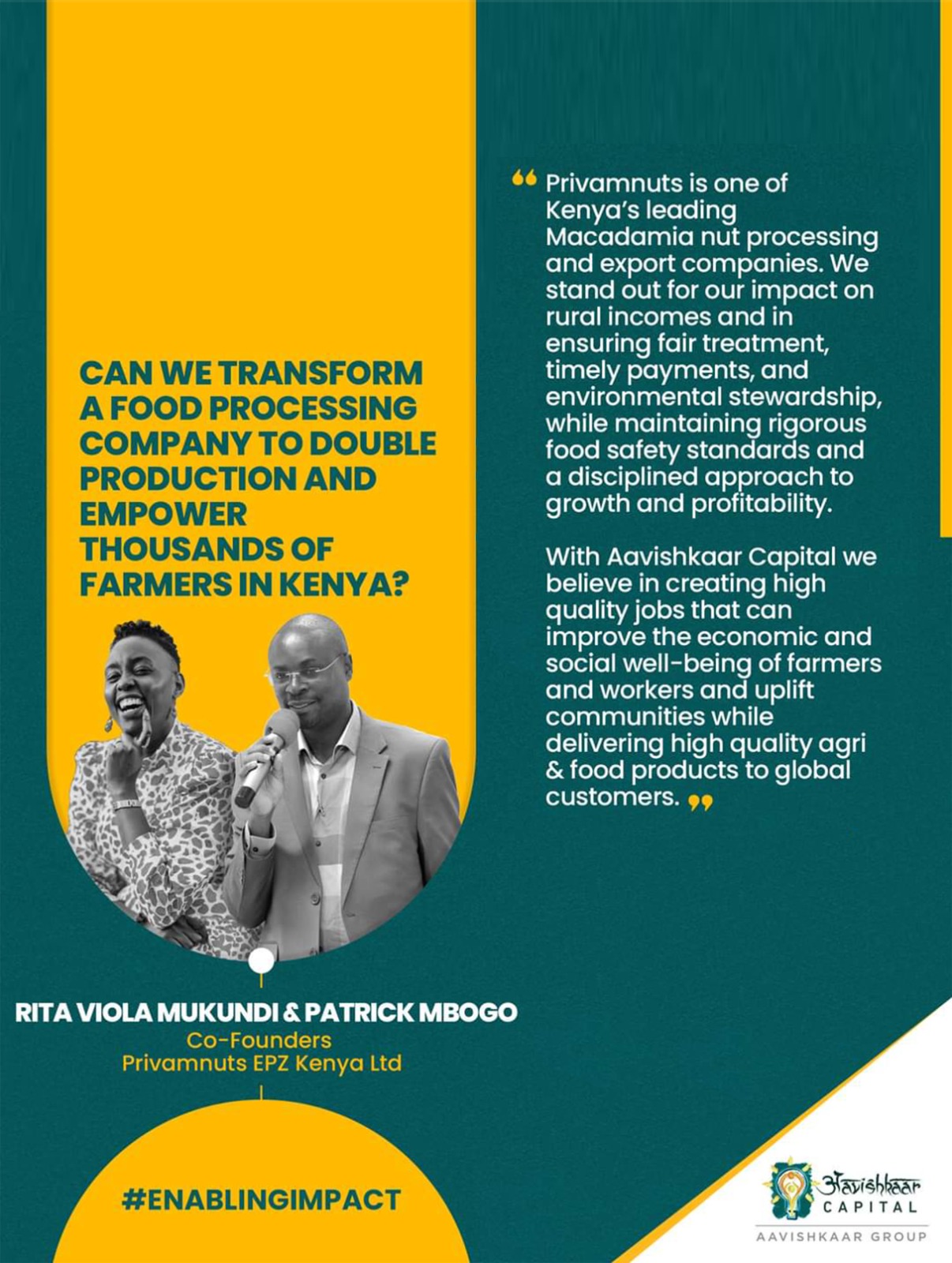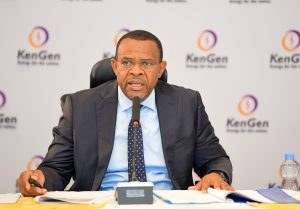
A landmark academic initiative was unveiled at the 5th Northern Forum on Sustainable Development in Yakutsk, bringing together universities from Africa and Siberia to address critical issues of cultural preservation and sustainable development.
The Siberian-African Consortium for Sustainable Development marks a significant step in international academic collaboration, with the aim of fostering research and educational projects that protect indigenous cultures while promoting environmentally responsible development.
The Northern Forum, organized by the Melnichenko Foundation and several other key institutions, provided a platform for this new partnership to take shape.
Representatives from Africa and Siberia met to discuss the conservation of cultural diversity, language preservation, and the maintenance of traditional subsistence methods in regions undergoing rapid industrial expansion.
As resource extraction intensifies in many parts of the world, the consortium will work to ensure that local communities are not sidelined in the process.
The consortium links African universities, including the University of Douala in Cameroon and Mali’s University of Ahmad Baba, with prominent Siberian institutions such as North-Eastern Federal University (NEFU), Buryat State University, and the Arctic State Institute of Culture and Arts.
The collaboration is expected to enhance academic research and teaching on issues related to indigenous culture and the sustainable use of natural resources.
“This partnership is essential for preserving the languages, traditions, and lifestyles of ethnic communities in Africa and Siberia,” said Isabella Borisova, Director of the Center for Cooperation with Africa at NEFU and session moderator at the forum.
Borisova stressed the urgency of protecting cultural diversity in regions facing the pressures of industrialization, highlighting the consortium’s role in ensuring that these communities maintain their cultural identities.
NEFU has positioned itself as a central player in this initiative, leveraging its long-standing partnerships with African academic institutions. The university has welcomed African students for years and has been involved in numerous projects with African countries such as Senegal, Togo, and Morocco.
The history of cooperation lays a solid foundation for the newly established consortium, which will tackle pressing issues such as sustainable development and the protection of indigenous cultures.
Nyurgun Maksimov, Vice-Rector for International Cooperation at NEFU, underscored the importance of uniting academic expertise to address the challenges facing communities in the North and the Arctic. “The consortium will harness the strengths of leading universities and experts to protect cultural heritage, safeguard the environment, and improve living standards in these regions,” he said.
A primary focus of the consortium will be the development of joint programs designed to preserve the languages and traditions of indigenous populations in resource-rich regions.
These communities often find themselves at the mercy of industrial interests, and the consortium aims to ensure that their voices are heard in discussions about sustainable development.
African universities stand to benefit from this collaboration by gaining access to new research opportunities and contributing to the global discourse on cultural preservation and environmental protection.
Flavian Toze, Director of Research at the University of Douala and associate professor at NEFU, co-moderated the session and spoke enthusiastically about the potential for African institutions to play a leading role in addressing global challenges.
“This consortium is a groundbreaking opportunity for African universities to engage in meaningful collaborations on some of the most pressing issues of our time,” he said.
In addition to the academic collaboration, the forum highlighted the involvement of young people in environmental action. The “Sister Ecosystems: New Generation Environmental Initiatives” session, organized by the Melnichenko Foundation, showcased the efforts of eco-activists from Kenya, Russia, and Uzbekistan.
These young activists are working to address the environmental challenges facing their respective regions, from deforestation in Kenya to the melting permafrost in Russia and the drying Aral Sea in Uzbekistan.
One of the most inspiring participants in the session was Karen Wanjiru Kimani, a 6th-grade student from Kenya. Kimani has taken on the role of advocating for the protection of Kenya’s forests as part of the global effort to restore damaged ecosystems.
The “Sister Ecosystems” initiative pairs Kenya’s forests with Russia’s permafrost and Uzbekistan’s Aral Sea, highlighting the interconnectedness of environmental issues around the world.
Tatiana Zhuravleva, Director of the Melnichenko Foundation, expressed optimism about the potential for the “Sister Ecosystems” initiative to build global solidarity among young people.
“Our goal is to connect young eco-activists from around the world, united by their shared commitment to protecting the planet. We hope to bridge the gaps by fostering cooperation that exist in the global environmental movement and inspire collective action on climate change,” she said.
The launch of the Siberian-African Consortium for Sustainable Development marks the beginning of a new era in academic collaboration between Africa and Siberia.
With a focus on cultural preservation, sustainable development, and environmental protection, the consortium is poised to make a lasting impact on both regions and contribute to the global effort to build a more sustainable future.














